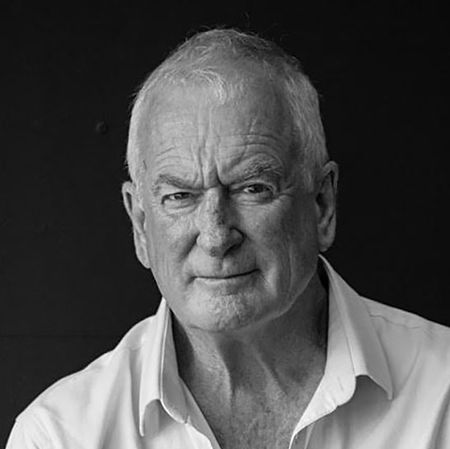September is Suicide Prevention Month, and 10 September is Suicide Prevention Day — a time when the world collectively pauses to confront a subject often cloaked in silence and stigma.
Suicide remains one of life’s most devastating paradoxes: an irreversible, permanent act, chosen to escape what is almost always a temporary problem.
It goes against the most primal instinct we have — to survive.
Imagine being forced underwater, gasping for breath. Every fibre of your being would fight to surface — to scratch, kick, claw your way back to air. Yet when someone takes their own life, they are effectively holding their own head beneath that water, surrendering to the suffocation of despair.
I know this because I have lived with the aftermath.
I’ve lost four close friends and 10 acquaintances to suicide. In every single case, the news was a shock. None of my friends had ever revealed they were battling depression. None left behind a reason that felt “enough”. What they left was silence, confusion and an ache that doesn’t quite heal.
The most haunting story for me is deeply personal.
In 2015, I collapsed at a Virgin Active gym in Bryanston, my heart failing mid workout. By pure chance, a doctor training nearby used the gym’s defibrillator to bring me back to life. I am only able to write this now because of him. And yet, four years later he ended his own life. The man who gave me breath could not save himself. That paradox has never left me.
The scale of the crisis
Suicide is not rare. It is not distant. It is not someone else’s problem.
Globally, about 700,000 people die by suicide every year — one every 45 seconds. That means by the time you finish reading this page, several more lives will have been lost. Behind each statistic lies a story, a family and a circle of friends left devastated.
Breaking the silence
Depression is the leading cause of suicide. Yet many who suffer from it hide their pain, weighed down not just by the illness itself, but by the stigma that surrounds it. Admitting to depression is still, for many, seen as weakness. They fear being judged, misunderstood or dismissed. And so they stay silent.
But silence is lethal. Without acknowledgement, there is no treatment. Without treatment, depression deepens. And yet, depression is an illness like any other. We do not shame people for managing diabetes, high blood pressure or cholesterol. Why should antidepressants carry a stigma? Why should therapy be whispered about when it is as vital as any other medical treatment?
Depression is not an identity. It does not define who you are. It is an experience — something you go through, not something you are. And crucially, it is not permanent, no matter how permanent it feels.
On the homepage of the South African Depression and Anxiety Group (Sadag), one word dominates: HOPE. That is no accident. For those trapped in depression, hope feels absent. To see it written boldly is a reminder that there is a way through. Treatment works. Sometimes slowly, sometimes imperfectly, but it works. Depression can be managed. Lives can be saved.
The hidden cost to families and friends
If you have ever spoken to the family of someone who has died by suicide, you will know the unbearable weight left behind.
They replay conversations, searching for missed signs. They blame themselves for not being available enough, not asking enough, not seeing enough. The refrain is always the same: “We should have known.”
But suicide does not just claim one life. It multiplies suffering. It is taking whatever is tormenting you, multiplying it by 10, and leaving it for your loved ones to deal with, because you have taken yourself out of the equation.
Choosing the harder, better option
There is a harder but far less devastating choice than suicide: reaching out. Picking up a phone. Speaking to someone who will listen. It may not feel easier in the moment — but it will always be less traumatic than the alternative.
If you, or someone you know, is struggling with thoughts of suicide, there is help. In South Africa, Sadag’s Suicide Crisis Helpline is available 24/7 at 0800 567 567. Call them. Talk to someone. Hold onto hope. DM




